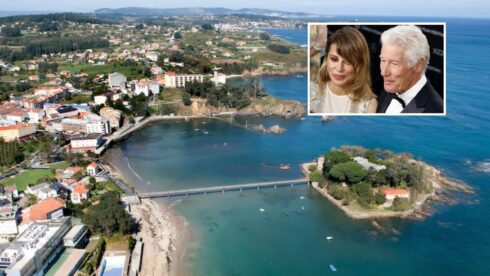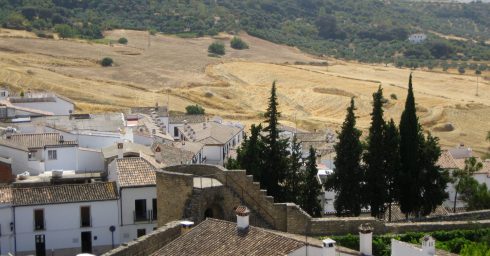THOUSANDS are expected to take to the streets of Malaga for what could be the largest housing protest the city has seen yet.
Pressure group Malaga Para Vivir (Malaga For Living) has announced its third major demonstration for April 5, joining simultaneous protests planned across several Spanish cities under the banner ‘Let’s end the housing business.’
“Housing has become the most important problem for citizens,” explained spokesperson Kike España, who called the city’s economic model ‘a scam’.
“Everything in recent decades has been done to turn the centre of Malaga into a tourist attraction park that only benefits a few, while expelling its neighbours,” he said.

The platform describes government measures to address housing issues as ‘completely insufficient’ and has initiated neighborhood assemblies leading up to the April protest.
Noemi Escobar, another spokesperson for the movement, said the protest will focus on ‘the housing crisis and a city model based on real estate and tourism speculation, which drives out residents, makes employment precarious, and destroys the territory.’
The platform is calling for housing to be treated as a right rather than a business opportunity.
Activists highlight that in areas near Plaza de la Merced, approximately 80% of homes are now used as tourist accommodations.

“There are 34,466 people registered as housing seekers in the city, while there are 7,496 tourist accommodations with 32,132 available places. Does anyone think this is sustainable?” Escobar asked.
“On April 5, we return to the streets to demand an end to the housing business and this city model. Málaga is for living, not for turning it into an amusement park.”
READ MORE: Is Airbnb in trouble in Spain? Tourist flat reservations plummet in Malaga following local backlash
In a change from previous protests, organisers have revealed that instead of ending at the traditional gathering point of Plaza de la Constitución, the march will end in a residential neighborhood to symbolise their focus on community impacts.
The housing crisis in Malaga has reached critical levels recently, with the city experiencing some of the most dramatic rent increases in Spain over the past five years.

The impact of overtourism has transformed entire neighborhoods like El Soho and the historic centre, where long-term residents have been priced out.
The Costa del Sol capital has seen a perfect storm of factors converging: a surge in international property investors, a boom in digital nomads with higher purchasing power, and an explosion of short-term tourist rentals through platforms like Airbnb.
The city’s popularity as a cultural destination, following the opening of branches of prominent museums such as the Centre Pompidou Málaga and the Russian State Museum which both opened in 2015, and its emergence as a tech hub with the arrival of Google AI centre in 2023, has accelerated gentrification.
However, critics of the movement, including local business associations, maintain that tourism has revitalised Malaga’s economy, creating thousands of jobs and transforming it into one of Spain’s most vibrant cities.









